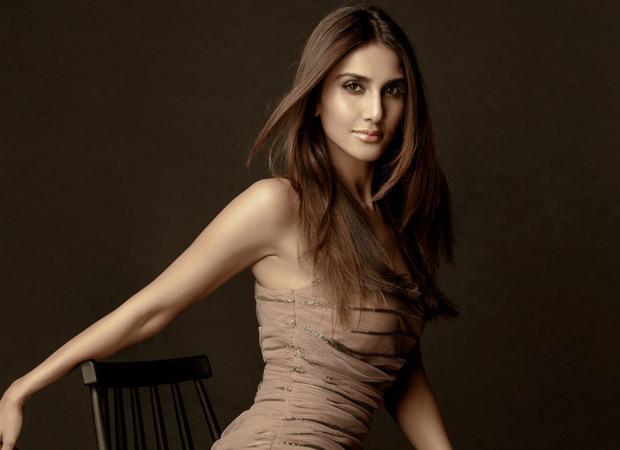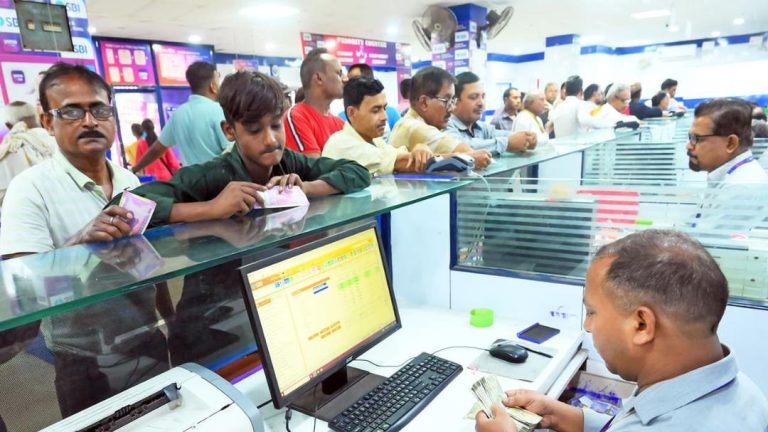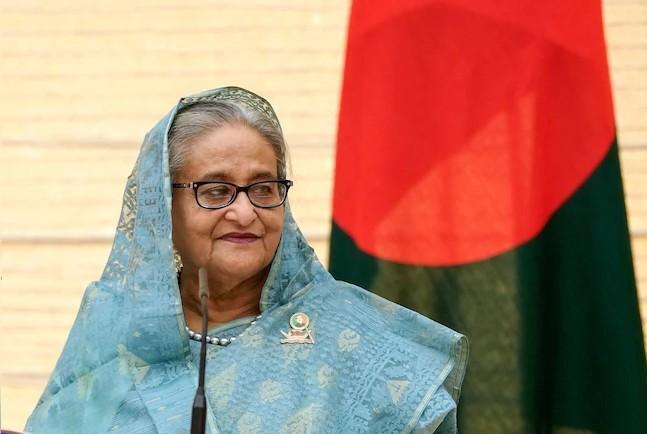
Don’t get volatile behaviour: Vaani on censorship & cancel culture
In recent times, the world has witnessed a surge in cancel culture, where a single misstep or perceived offense can lead to a tidal wave of backlash and condemnation. This phenomenon has not only affected individuals but also the entertainment industry, with many artists finding themselves at the receiving end of public scorn. In the wake of the ban on her latest film ‘Abir Gulaal’ in India, actress Vaani Kapoor has spoken out about the perils of censorship and cancel culture, highlighting the need for artists to be given the freedom to explore new ideas without fear of reprisal.
In an interview with a leading publication, Vaani expressed her frustration with the current state of affairs, stating, “This cancel culture, say one thing wrong, there are calls for cancel and boycott. I don’t get that volatile behaviour. I think it’s very unfair.” Her sentiments are echoed by many artists who have been affected by the cancel culture phenomenon, which often prioritizes outrage and indignation over nuanced discussion and understanding.
Vaani’s comments come at a time when the entertainment industry is grappling with the complexities of censorship. While some argue that censorship is necessary to maintain social norms and moral standards, others believe that it stifles creativity and limits artistic expression. Vaani firmly falls into the latter camp, stating that she is “not into censorship” as it sets boundaries for artists.
Censorship, in its various forms, has been a contentious issue in the entertainment industry for decades. In India, the Central Board of Film Certification (CBFC) is responsible for reviewing and certifying films, often imposing cuts and changes to ensure compliance with local laws and regulations. While the CBFC’s role is to protect the public from explicit or offensive content, some argue that its decisions often prioritize conservative values over artistic merit.
The recent ban on ‘Abir Gulaal’ is a prime example of the controversy surrounding censorship. The film, which explores themes of love and relationships, was deemed inappropriate for public viewing by the CBFC, sparking widespread criticism and debate. Vaani’s comments suggest that she believes the ban was an overreaction, stating that artists should be given the freedom to explore new ideas and themes without fear of censorship.
Cancel culture, on the other hand, is a more recent phenomenon that has taken the world by storm. Born out of social media and the 24-hour news cycle, cancel culture is characterized by its rapid and often brutal response to perceived wrongdoing. Whether it’s a celebrity’s offensive tweet or a politician’s controversial statement, cancel culture demands swift and severe punishment, often in the form of boycotts, public shaming, and/or career destruction.
The impact of cancel culture on the entertainment industry has been significant, with many artists finding themselves at the receiving end of public backlash. From actors to musicians, comedians to writers, the threat of cancellation hangs over their heads, often forcing them to self-censor and conform to societal norms.
Vaani’s comments serve as a reminder that artists are not immune to the pressures of cancel culture. Her frustration with the volatility of the current climate is understandable, as she, like many others, is forced to navigate a minefield of public opinion and social media outrage.
In conclusion, Vaani’s comments on censorship and cancel culture serve as a timely reminder of the importance of artistic freedom and creative expression. As the entertainment industry continues to grapple with the complexities of censorship and cancel culture, it is essential that we prioritize nuance and understanding over outrage and indignation. By doing so, we can create a more inclusive and creative space for artists to explore new ideas and themes, free from the fear of censorship and cancellation.





